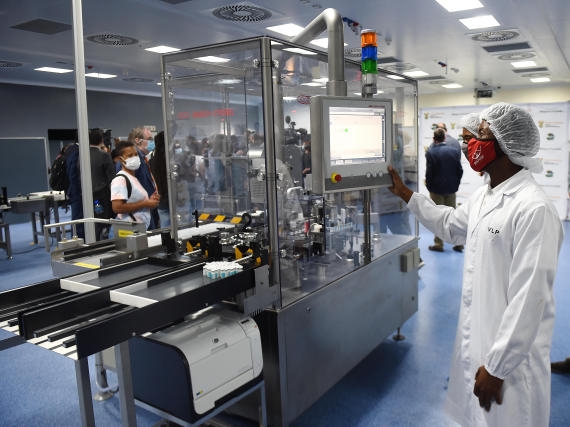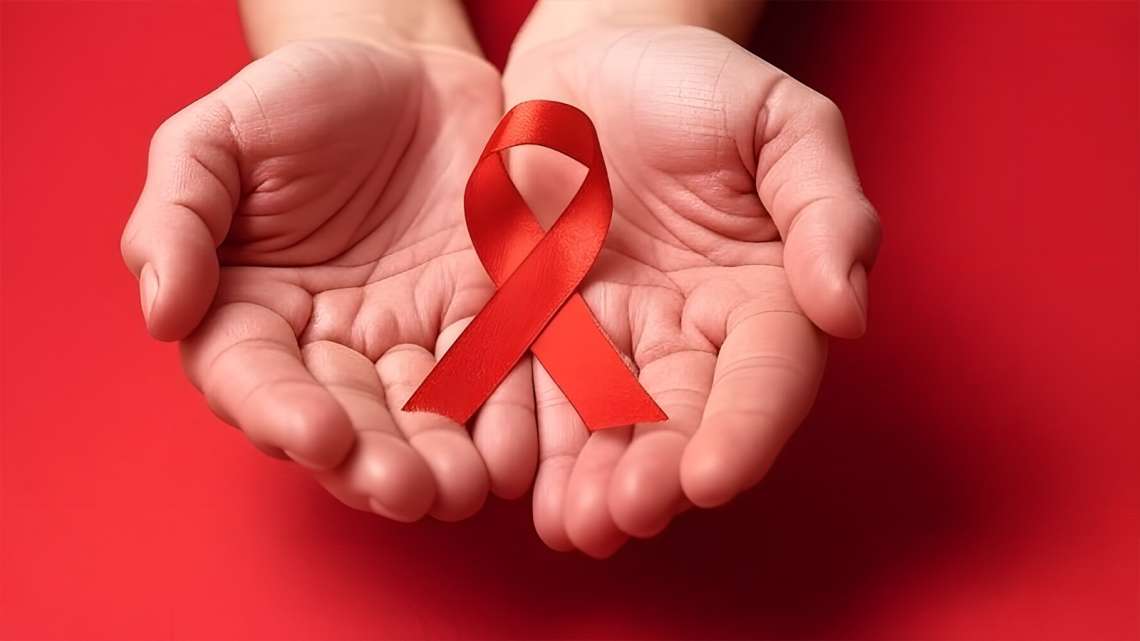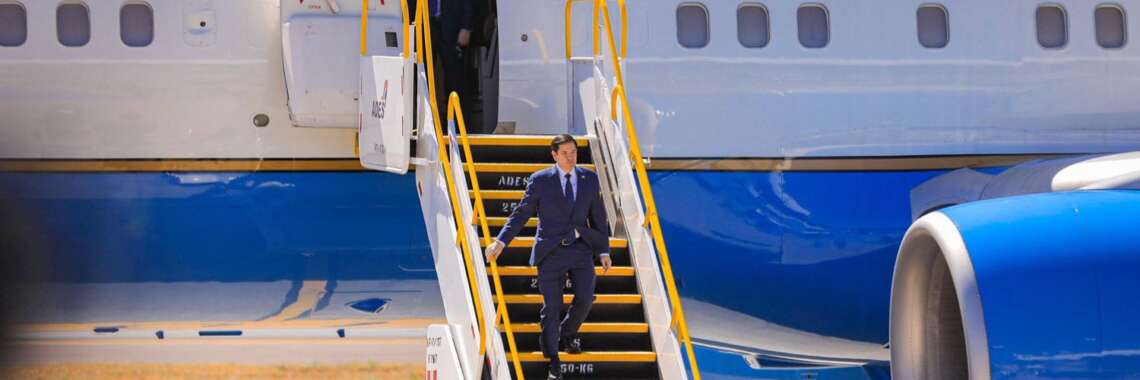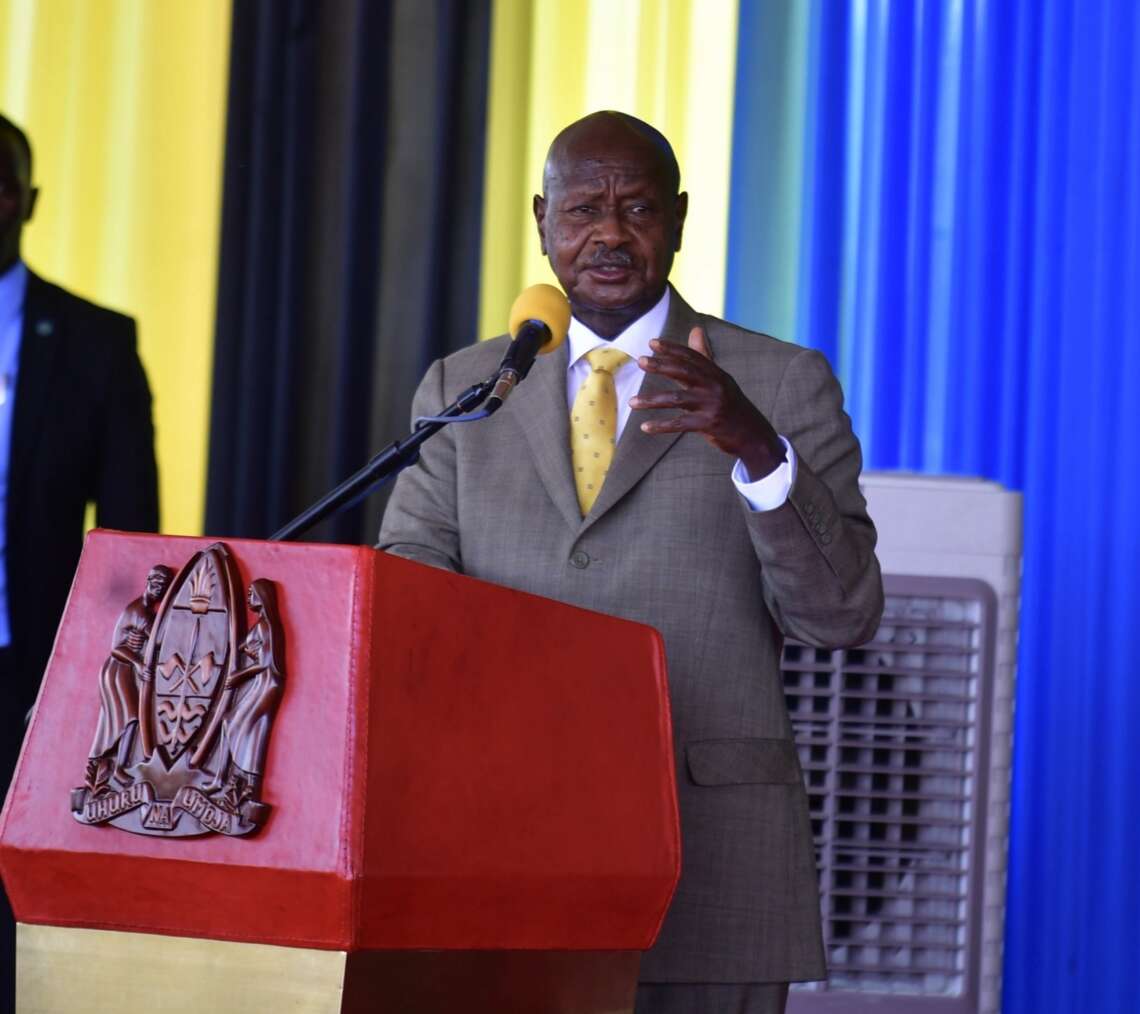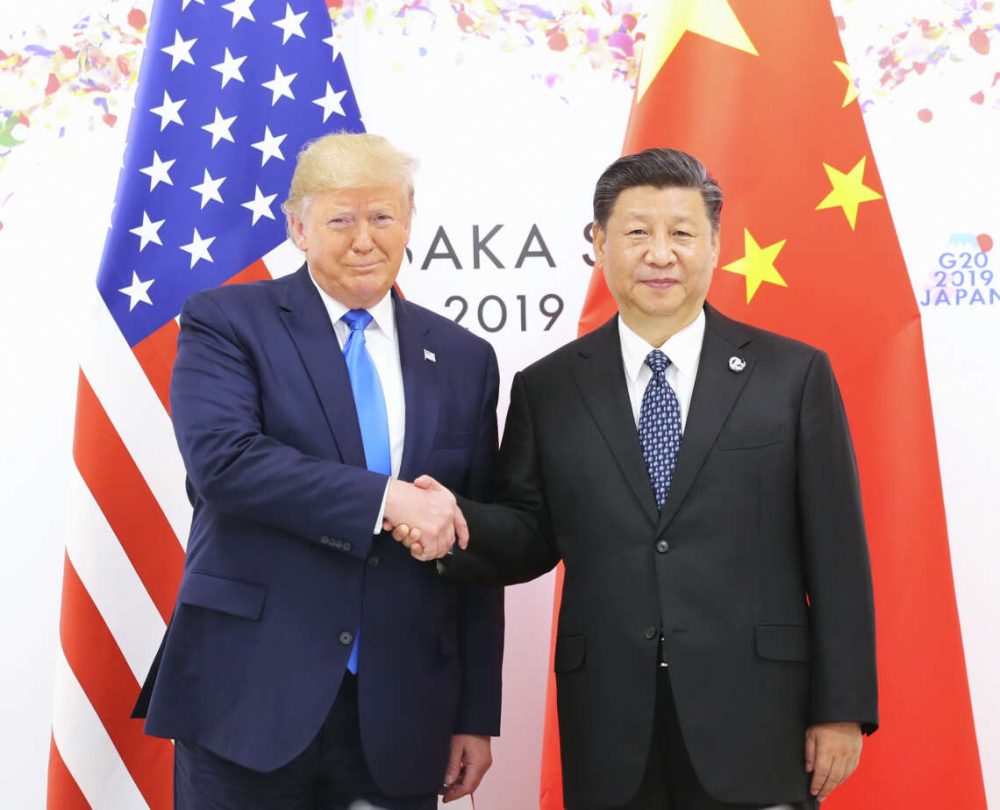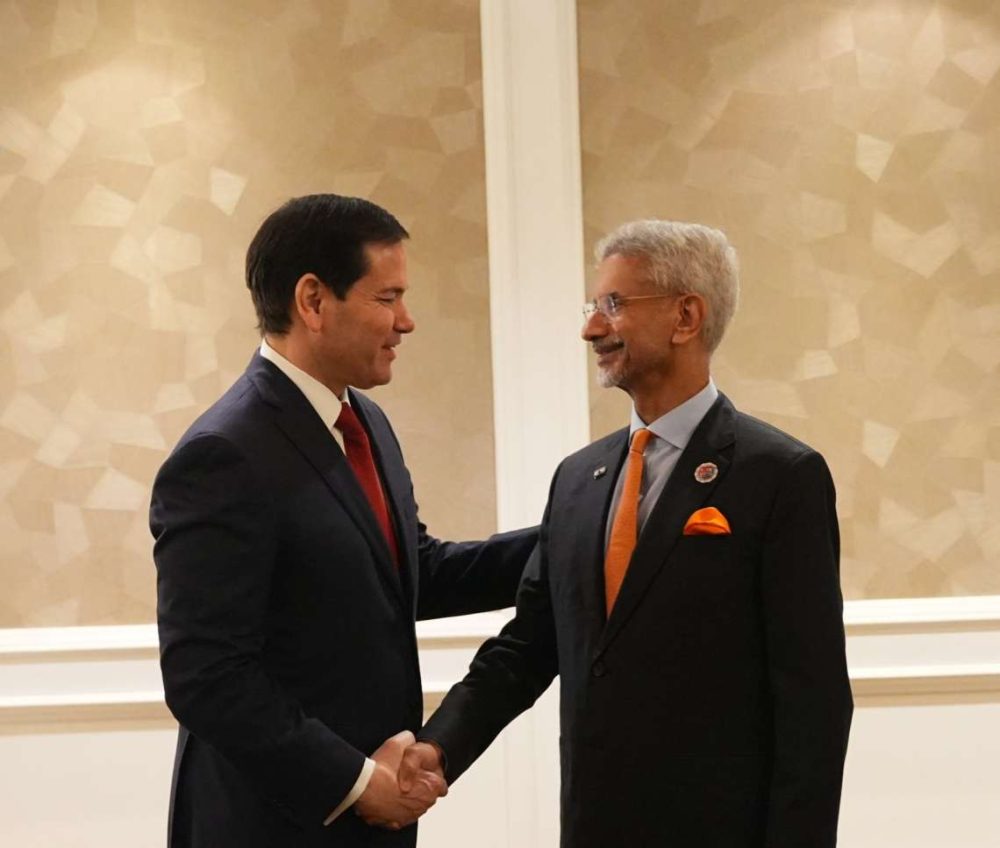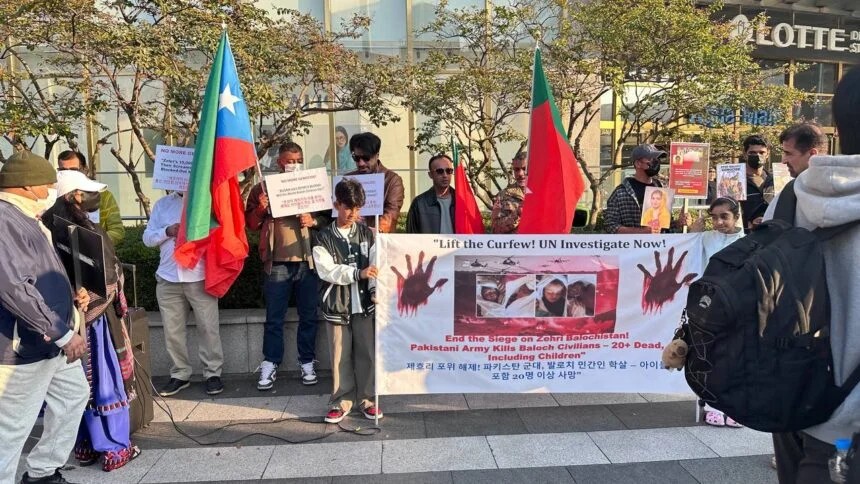Data from the African Union’s specialised healthcare agency show that the continent, over the past 24 months, has witnessed an “unprecedented surge in public health emergencies,” rising from 152 disease outbreaks in 2022 to 213 in 2024
As Africa faces an “unprecedented surge” in public health emergencies, the Africa Centers for Disease Control and Prevention (Africa CDC) has called on African countries to strengthen domestic financing mechanisms to address emerging and existing public health challenges.
The Africa CDC made the call in two latest reports — Africa CDC Annual Report 2024 and Africa’s Health Financing in a New Era Report, both released Thursday. Highlighting the agency’s strides in promoting disease control and health security across Africa, the two reports list challenges that risk reversing the continent’s decades of progress in public health.
Data from the African Union’s specialised healthcare agency show that the continent, over the past 24 months, has witnessed an “unprecedented surge in public health emergencies,” rising by about 41 percent — from 152 disease outbreaks in 2022 to 213 in 2024. It said the surge in disease outbreaks has placed “immense pressure on already fragile health systems, exposing deep-seated vulnerabilities and severely weakening the continent’s capacity for timely and effective response.”
Africa’s health sector is facing a financing crisis, driven by a sharp decline of 70 percent in official development assistance from 2021 to 2025, the Africa CDC said. It noted that the situation is further worsened by the continent’s heavy external dependency with over 90 percent of vaccines, medicines and diagnostics being externally sourced, leaving countries vulnerable to global supply chain shocks.
“Without decisive action, Africa CDC projects the continent could reverse two decades of health progress, face two to four million additional preventable deaths annually. A total of 39 million more Africans could be pushed into poverty by 2030 due to intertwined health and economic shocks,” the Africa CDC said in its health financing report.
Underscoring its commitment to addressing the continent’s public health challenges, the Africa CDC, in its annual report, outlined achievements across six strategic priority areas. These priorities include strengthening integrated health systems, promoting local manufacturing of health products, enhancing early warning and surveillance systems, fortifying national public health institutes, improving laboratory systems and networks, as well as ensuring robust emergency preparedness and response to health threats.
The report highlighted the Africa CDC’s “instrumental role” in supporting national responses to several major public health emergencies in 2024, including in addressing the mpox outbreak that affected over 20 African countries and the Marburg virus disease in Rwanda, while also supporting 15 African countries dealing with cholera outbreaks.
Two to four million additional Africans are likely to die annually as a result of the shock aid cuts by the United States and other key donors, according to Dr Jean Kaseya, who heads the Africa Centre for Disease Control and Prevention. Kaseya heads to Washington next week to coincide with the end of US Congress’s reauthorisation of the US President’s Emergency Plan for AIDS Relief (PEPFAR) on 25 March.
Numerous PEPFAR projects have already been terminated in the past two months by Trump appointee Elon Musk’s Department of Government Efficiency (DOGE) and it is unclear what the Republican-dominated Congress envisages for the plan.
Kaseya said he planned to meet members of the Trump administration, PEPFAR officials and Members of Congress next week in a bid to restore US aid. “It is a disaster,” Kaseya told a media briefing on Thursday, disclosing that some African countries relied on “external assistance” for 80% of their HIV and malaria responses.
“Overnight, everything is gone,” he said, noting that 30% of Africa’s health expenditure comes from official development assistance (ODA) – yet there had been a 70% cut in ODA this year from $81 billion to $25 billion.
Aside from the gutting of virtually all the US Agency for International Development (USAID) grants, major European donors have also cut ODA. Earlier in the week, the World Health Organisation (WHO) reported that Kenya, Lesotho, South Sudan, Burkina Faso and Nigeria would run out of antiretroviral medicine for HIV within the next few months as a result of USAID cuts.
WHO Director-General Dr Tedros Adhanom Gebreyesus said that while the aid withdrawal was the right of the US administration it “has a responsibility to ensure that, if it withdraws direct funding for countries, it is done in an orderly and humane way to allow them to find alternative sources of funding.” Kaseya reported that he has been travelling the breadth of the continent and internationally to secure three key pillars of support for health on the continent: increased domestic funding, “innovative financing” for outbreaks and “blended financing”. Africa CDC is pursuing three sources of funds to address the enormous gap left by the US withdrawal of aid.


